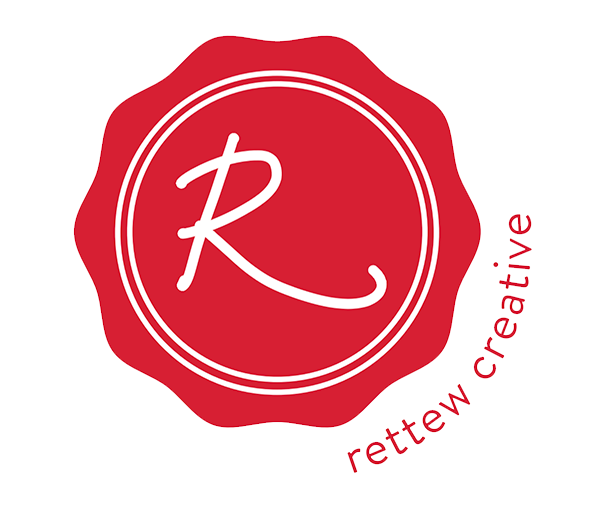There is this big trend that has been going on for a while, especially when promoting our Twitter accounts, asking people to follow you. You see it on CNN, on blogs, in marketing collateral…it is the common jargon when asking individuals to join the community.
I guess it all started with the fundamentals of Twitter with “Following” and “Followers.” But are we a community of leaders. Following suggests we are leading the pack, heading in a direction and the people in our community are right behind us as we dive through our social conversations.
Are we really followers or we just a part of a community of social exchange. When you are interacting in your social communities, do you choose to follow someone. Think about it for a second. Let’s say you go to the grocery store and meet your next door neighbor for the first time. You have a conversation and realize you have something in common. Maybe it is a football team or your kids are in the same algebra class. You choose to continue the relationship, choose to get to know the person. Are you clicking the follow button? Or are you joining a community of conversation that is ultimately building a relationship wrapped around trust.
Twitter has created a discourse wrapped around “Following.” It is a community of fun conversations, interactions, and relationships. But there are many who have chosen to take on the “Follower” discourse as literally as many interpret the Bible. It is the golden truth. We as marketers even leverage the discourse as we build campaigns for our clients. The goal of this literal discourse, create a “Thought Leader.” We build these accounts, set-up blogs, create fan-pages, develop YouTube channels to become “Thought Leaders.” But who are we leading?
Are we really thought leaders in this wide approach to social media communities. Do we really have followers? Is it necessary to tout that we have so many followers? Is it really ego driven and not about community? Do we let it get to our head so much that it has become a pecking order, like the high-school popular crowd. It almost builds a dichotomy, a distinction between the haves and the have nots as we watch individuals/organizations rack up big “Followers” numbers. Or is it really about sphere of influence. We want to increase our followers so we can influence more and more people with our message.
It can be addicting, where everyday we click to see if our numbers have changed. Is it mass media or is it a definitive way to measure success. We use the numbers as a ROI metric which helps marketers calculate value for the dollar. Followers…and interesting choice of words.
Have you sat back and really thought what it means to have “X” number of followers on Twitter. I kind of like Facebook’s approach to the whole thing…”Friends.” We have connected with our “Friends” and we have an exchange of conversation. We get to sit back and watch our friends enjoy their day, and we just say hello or even “Like” something when it strikes our fancy.
Building a community of conversation is not about followers, it is about like minded individuals that chose to engage with one another. The discourse of “Followers” will always be there but we should interpret the language in a different way. We should “Engage.” We should rethink how we interpret the number of “Followers” and “Friends” in our social networks, remember it is a community of people and they are humans.
If these social networks are supposed to be the digital metaphor of our human, social interactions…would you walk up to someone, shake their hand, share a story, then ask them to follow you? Maybe if you are politically minded. Instead you would listen and try to find another time to meet and chat again. To bad we have to chose online to “Follow.” I still like the idea of clicking to find a “Friend.” It makes more literal sense.
Why not take the Dalai Lama approach to our constituency bases and and let them lead the pack?
